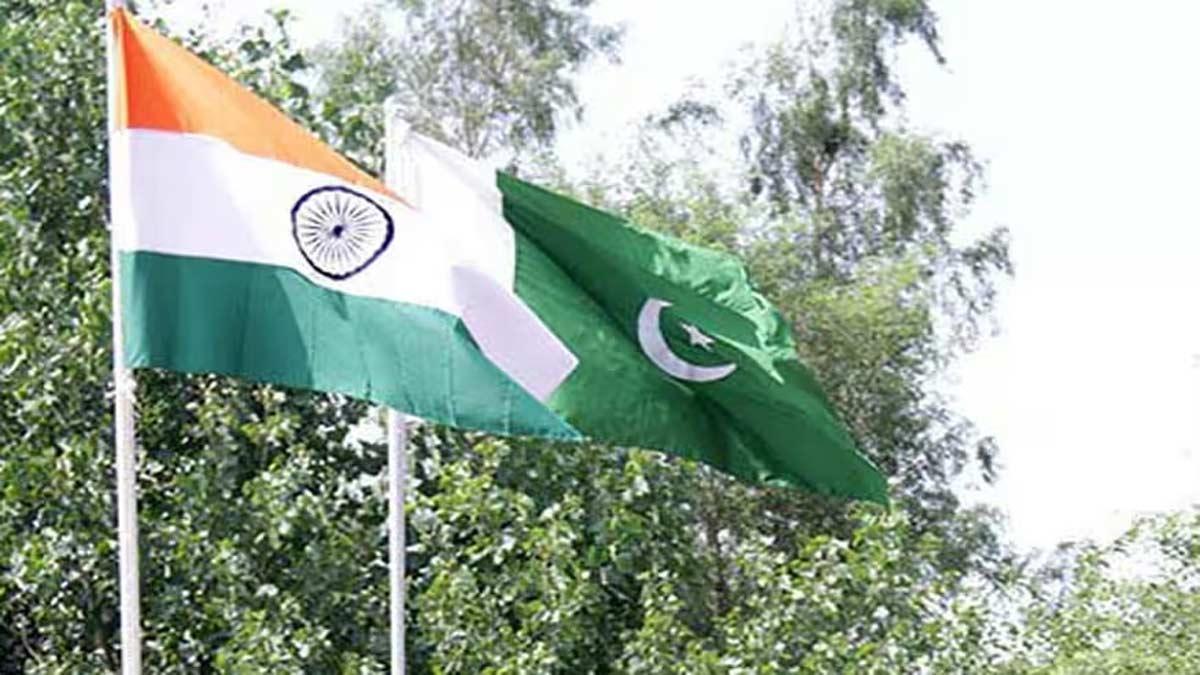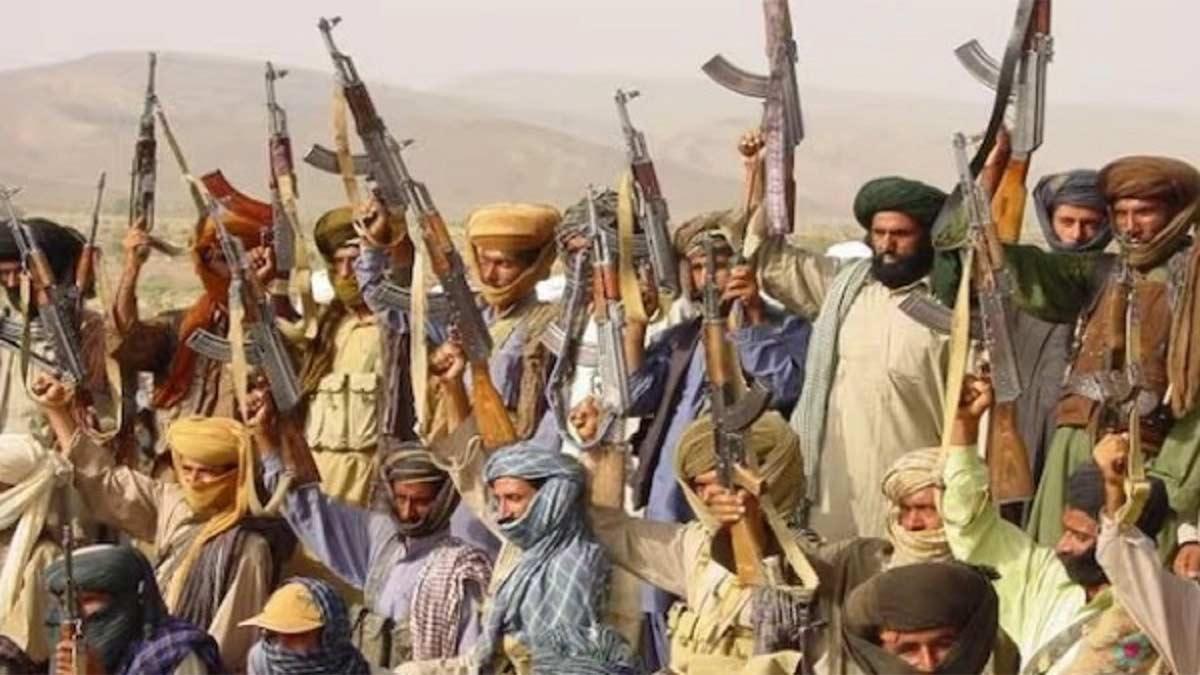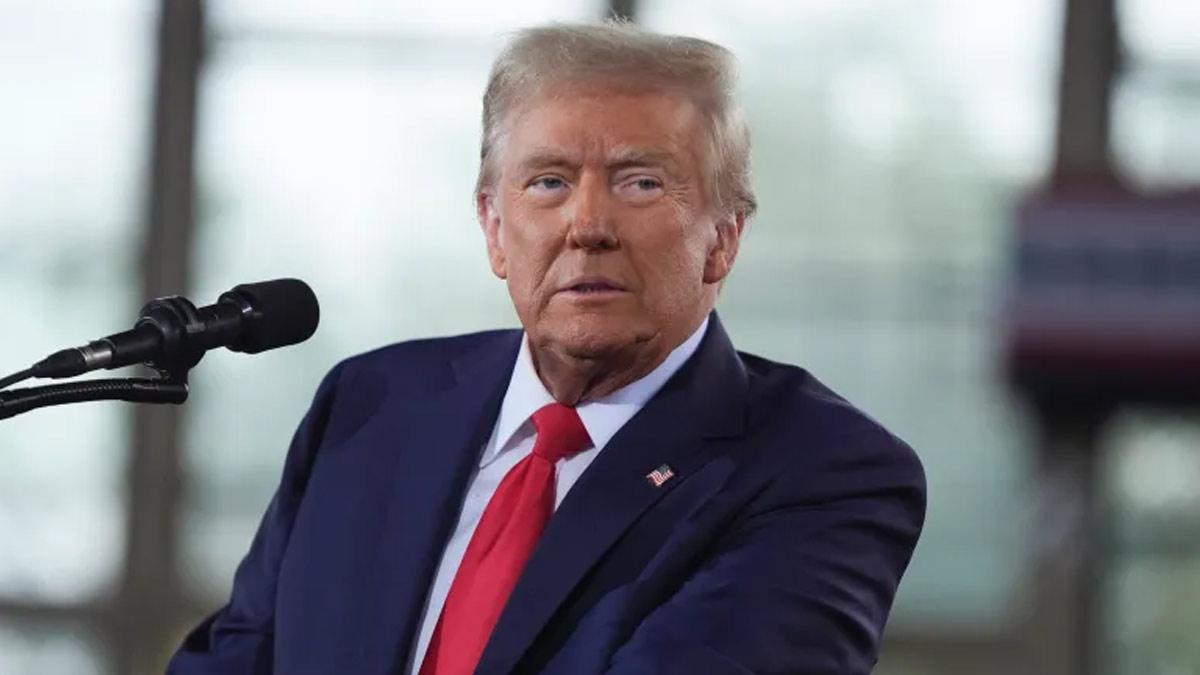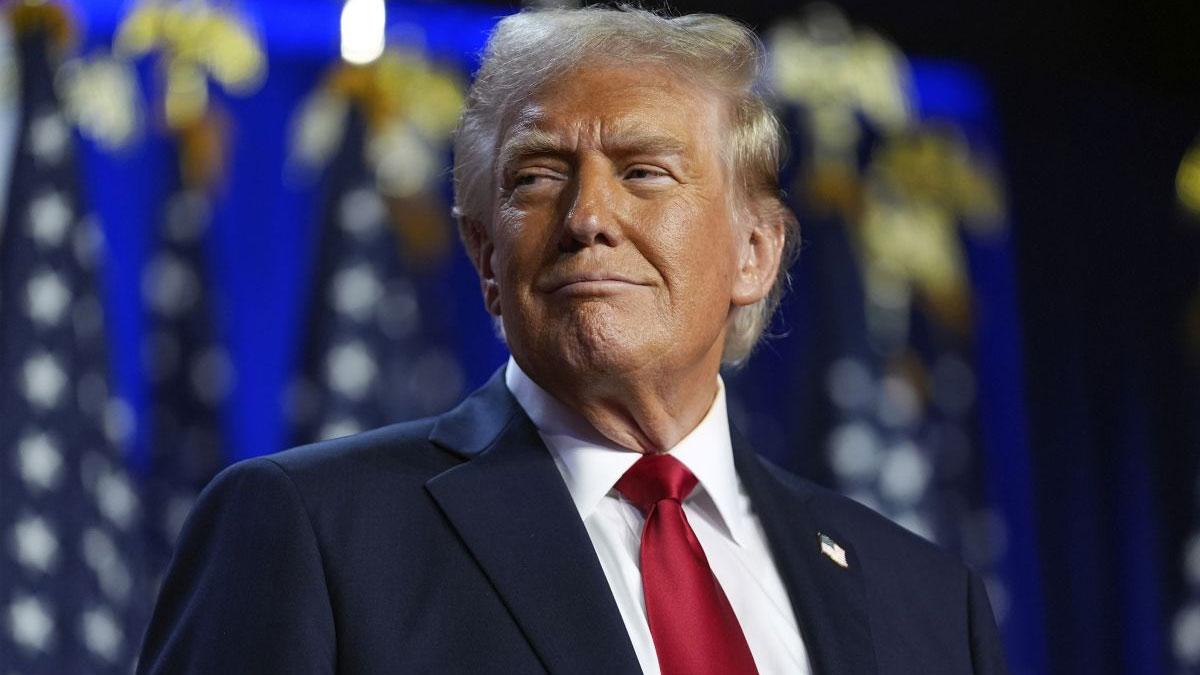India warned the Pakistan government on Friday that cross-border terrorism against it would "inevitably invite consequences" and ruled out any agreement while the military-run government indulges in terrorism.
Making a stern message on Friday, Bhavika Mangalanandan, a First Secretary in India's UN mission, delivered it while exercising India's right of reply to Pakistan Prime Minister Muhammad Shehbaz Sharif's attacks on New Delhi during his address to the General Assembly's high-level meeting.
Pakistan must understand that cross-border terrorism against India will ultimately have consequences," she said.
It was a " travesty" for "a country ruled by the military with a global reputation for terrorism, narcotics trade, and transnational crime" to have "the temerity to attack the world's largest democracy," she said.
Sharif claimed that India had rejected his offer of "a mutually balanced Strategic Restraint Regime".
Explaining India's rejection, Mangalanandan said: "There can be no compact with terrorism."
"Pakistan has long employed cross-border terrorism as a weapon against its neighbours; it has attacked our Parliament, our financial capital, Mumbai, marketplaces, and pilgrimage routes. The list is long," she said.
Appropriate in the context of raising Pakistan's terrorism links, Mangalanandan is a 2015 batch Indian Foreign Service officer who has an MTech degree from IIT Delhi and deals with counter-terrorism matters at the UN.
"The world can see for itself what Pakistan really is," she said. "We are talking about a nation that hosted Osama bin Laden for long, a country whose fingerprints are on so many terrorist incidents across the world, whose policies attract the dregs of many societies to make it their home."
"For such a country to speak about violence anywhere is hypocrisy at its worst," she said.
On the issue of hypocrisy, Mangalanandan said, "It is even more extraordinary for a country with a history of rigged elections to talk about political choices, that too in a democracy."
"The real truth is that Pakistan covets our territory and, in fact, has continuously used terrorism to disrupt elections in Jammu and Kashmir, an inalienable and integral part of India," she said.
Hammering on the topic of hypocrisy, she added, "It is ridiculous that a nation that committed genocide in 1971 and which persecutes its minorities relentlessly, even now, dares speak about intolerances and phobias."
He had accused India of promoting Islamophobia and persecuting minorities.
It was no surprise, Mangalanandan said, that Sharif should make such accusations against India.
"This is what Pakistanis do when they cannot stand the truth," she said. "They seek to contradict it with further falsehoods. Repetition does not alter the facts. Our position is unequivocal and needs no repetition," she said.
Muhammad Faheem, Third Secretary in Pakistan, almost replicates most of what Sharif has said during the morning session.
He says it was not genocide of Bangladeshis by Pakistan during the country's 1971 War of Independence and instead qualified it as "foreign aggression."
He brings up allegations against India for a killing in Canada and an attempted murder in the US.
Read also| UN Leaders Commend India's Significant Global Contributions


















